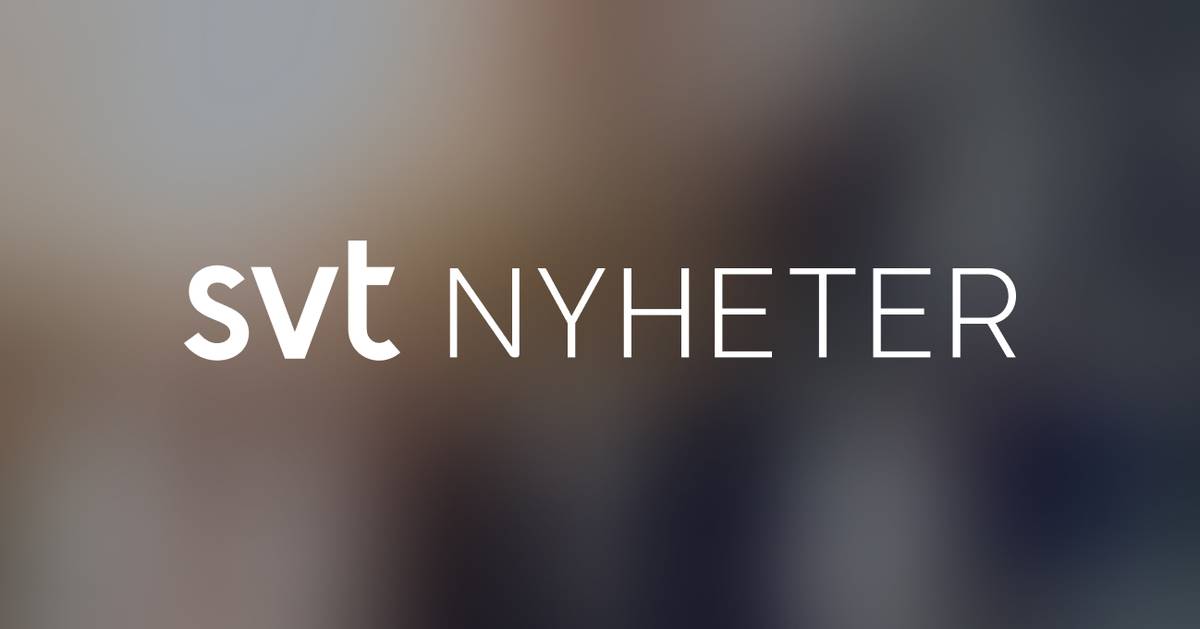Future jobs – see three jobs that are expected to be needed
IT Security Specialist
48 sec
Psychotherapist
57 sec
Machine Learning Engineer
52 sec
Recently, artificial intelligence has been discussed extensively and the technology has been highlighted as both a threat and an opportunity in several areas.
"I'm sticking my neck out now and saying that this is as big as when the book press came out in the 1500s," says Hedvig Kjellström, professor of computer science at KTH.
The fact that knowledge about AI is increasingly in demand is evident at the Swedish Public Employment Service.
"We can see that new skills linked to AI are increasingly in demand in our job papers. "Automated analyses" and "machine learning" are words that occur more, says Kerstin Eriksson, labour market analyst at the Swedish Public Employment Service.
Jobs with good prospects
Several of the future professions that Kerstin Eriksson and Hedvig Kjellström point out are linked directly to AI; machine learning, IT and data security and project managers. But they also see that there will be a demand for professions that utilize people's unique potential – emotions.
"People are better at being empathetic – so professions such as therapists or personal coaches will be needed," says Hedvig Kjellström at KTH.
More training required
There are already labour and skills shortages in some IT and computer professions. At the same time, many people are completely excluded from the labour market. Professions that have not previously needed long training are expected to have to do more complex and analytical things in the future, and competition for the simple jobs may intensify.
"Machine operators in industry are one such example. There will be fewer job opportunities, but the role will be more developed, says Kerstin Eriksson at the Swedish Public Employment Service.
"There is already a gap between what is in demand and the knowledge that exists among job seekers. This gap can be exacerbated," says Hedvig Kjellström.

